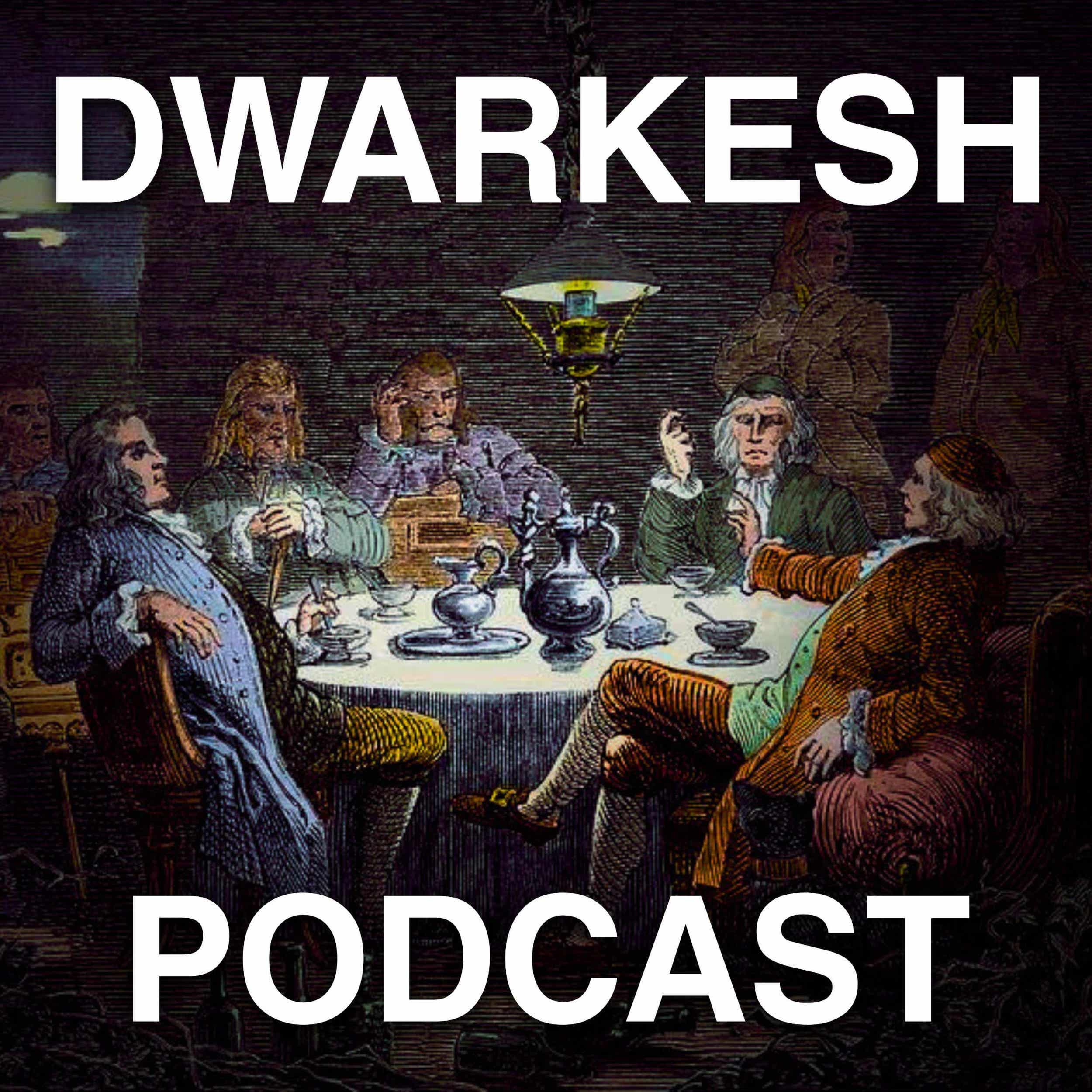PortalsOS
Related Posts
Vote to see vote counts
Nick Lane explains that uniparental inheritance, where mitochondria are inherited from only one parent, increases variance between daughter cells. This evolutionary strategy minimizes errors by ensuring that only one parent passes on mitochondria, which is crucial for maintaining genetic stability.
Nick Lane discusses how uniparental inheritance of mitochondria increases genetic variance between cells, allowing natural selection to favor those with fewer mutations.
Nick Lane discusses the evolutionary rationale for having two sexes, explaining that it allows for the differentiation of roles: one sex passes on mitochondria while the other does not. This division minimizes errors and maintains genetic integrity, despite seeming inefficient compared to having more sexes.
Nick Lane describes how the mitochondrial genome has shrunk over time from thousands of genes to just 37 in humans. This reduction is due to the inability to maintain a large genome within the confined environment of a cell.

Nick Lane contrasts sexual reproduction with lateral gene transfer in bacteria, explaining that bacteria often pick up random DNA from their environment when stressed. This process allows for rapid adaptation but lacks the systematic gene pooling seen in sexual reproduction.

Darwin's theory of sexual selection explains mate choice through two processes: intrasexual competition and preferential mate choice. Intrasexual competition involves qualities that lead to success in same-sex battles, while preferential mate choice involves qualities desired by the opposite sex.
Nick Lane explains that the Y chromosome is degenerate and has lost many of its genes over time. Despite this degeneration, it remains functional because it only needs to maintain a few key genes, such as the SRY gene, which influences growth rate.